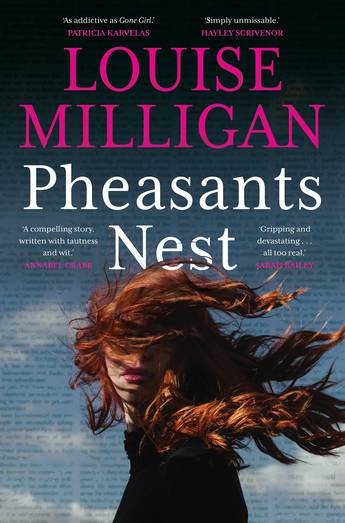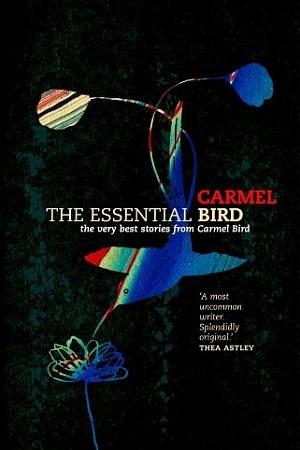Pheasants Nest
Allen & Unwin, $32.99 pb, 312 pp
Reverberating violence
A mid-career genre change is always cause for attention. Best known for her fearless investigations into institutional sexual abuse, it is hardly surprising that Louise Milligan should transfer her journalistic nous and commitment to social justice into the realm of crime fiction. Pheasants Nest is part of a movement in post-#MeToo crime fiction, which has flourished in Australia and abroad in the past decade. It challenges the norms of the genre to centre victims and amplify the reverberations of violence against women (recent examples include Jessica Knoll’s Bright Young Women and Jacqueline Bublitz’s Before You Knew My Name).
What sets Milligan’s fiction début apart is her willingness to draw explicitly on her personal and professional background. Kate Delaney is the ‘right’ sort of victim – ‘middle-class, pretty, educated’ – and she knows it, having covered cases of victimised women in her work as an award-winning journalist. For a reader versed in Australian crimes of the past few decades, there is satisfaction in finding real-life parallels to the cases in Pheasants Nest. A clear inspiration for Kate’s violation and abduction is the 2012 murder of Jill Meagher, an Irish national and ABC worker who was intercepted while walking home from a night out in Melbourne’s inner-north, and whose partner, like Kate’s, was an initial suspect (Milligan even interviewed Tom Meagher at the time). A murder that Kate reports on, which occurs in an isolated locale renowned for its shallow gene pool and haunted colonial jail, has echoes of the Janelle Patton case. Pheasants Nest is titled after and partly takes place around an actual bridge in New South Wales, which Kate associates with suicides and the real-life, tragic deaths of two teenagers in 1989.
Continue reading for only $10 per month. Subscribe and gain full access to Australian Book Review. Already a subscriber? Sign in. If you need assistance, feel free to contact us.
















Leave a comment
If you are an ABR subscriber, you will need to sign in to post a comment.
If you have forgotten your sign in details, or if you receive an error message when trying to submit your comment, please email your comment (and the name of the article to which it relates) to ABR Comments. We will review your comment and, subject to approval, we will post it under your name.
Please note that all comments must be approved by ABR and comply with our Terms & Conditions.